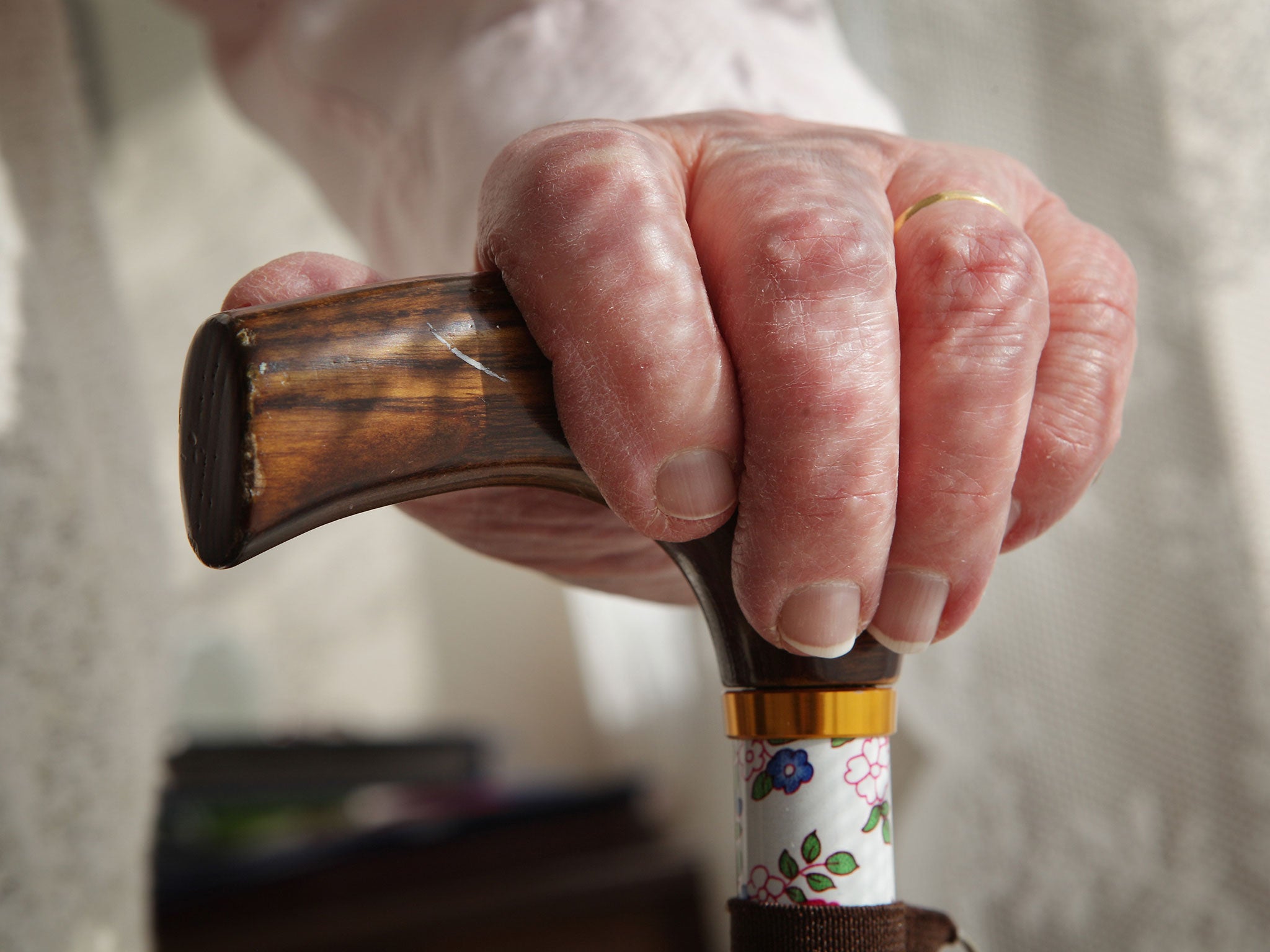'Unethical' UN health plan to reduce deaths discriminates against old people, claim medical experts
Proposals to reduce premature mortality from diseases like cancer and dementia will only target people aged 69 or less

Your support helps us to tell the story
From reproductive rights to climate change to Big Tech, The Independent is on the ground when the story is developing. Whether it's investigating the financials of Elon Musk's pro-Trump PAC or producing our latest documentary, 'The A Word', which shines a light on the American women fighting for reproductive rights, we know how important it is to parse out the facts from the messaging.
At such a critical moment in US history, we need reporters on the ground. Your donation allows us to keep sending journalists to speak to both sides of the story.
The Independent is trusted by Americans across the entire political spectrum. And unlike many other quality news outlets, we choose not to lock Americans out of our reporting and analysis with paywalls. We believe quality journalism should be available to everyone, paid for by those who can afford it.
Your support makes all the difference.A United Nations plan to reduce deaths from a range of diseases is “highly unethical” because it discriminates against people aged 70 and over, according to leading medical experts.
In a letter published in The Lancet on Friday, they warn that proposals to reduce premature mortality from non-communicable diseases such as cancer, stroke and dementia threaten to undermine “cherished, fundamental principles of universality and health as a right for all” because they only include deaths of people aged 69 or less.
“Put simply, it tells policy makers, particularly in poorer countries that older people do not matter,” the letter says.
“This target will inevitably reinforce the ageist bias that pervades many aspects of health care decision-making.”
Its lead author, Professor Peter Lloyd-Sherlock, an expert in social policy and international development at East Anglia University, said: “This premature mortality target is highly unethical, since it unjustifiably discriminates against older people.
“We already know that there is age discrimination in cancer care and surgery and these targets give that the stamp of approval. The targets are not quite set in stone yet, so we have a final opportunity to impress upon the UN the need to alter this explicitly ageist health target.
“If this doesn’t happen, people aged 70 and over will become second-class citizens as far as health policy is concerned.”
Baroness Sally Greengross, former director of Age Concern England, who also signed the letter, said: “If adopted, this UN target could lead to institutionalised discrimination against older people in health care, both here in the UK and globally.”
Tom Gentry, of AgeUK, told The Daily Telegraph that longer life spans should prompt the UN to reconsider.
“We know that access to surgery is getting worse for older people, and yet we are talking about people who still have years left to live,” he said. “We need to improve. We are fighting entrenched cultural attitudes about the value of older people and this target will not help that.”
The UN’s plan, part of its Sustainable Development Goals, would see deaths of under 70s from non-communicable diseases cut by about 33 per cent by 2030. The goal is not binding on member states but they would be expected to comply.
Join our commenting forum
Join thought-provoking conversations, follow other Independent readers and see their replies
Comments